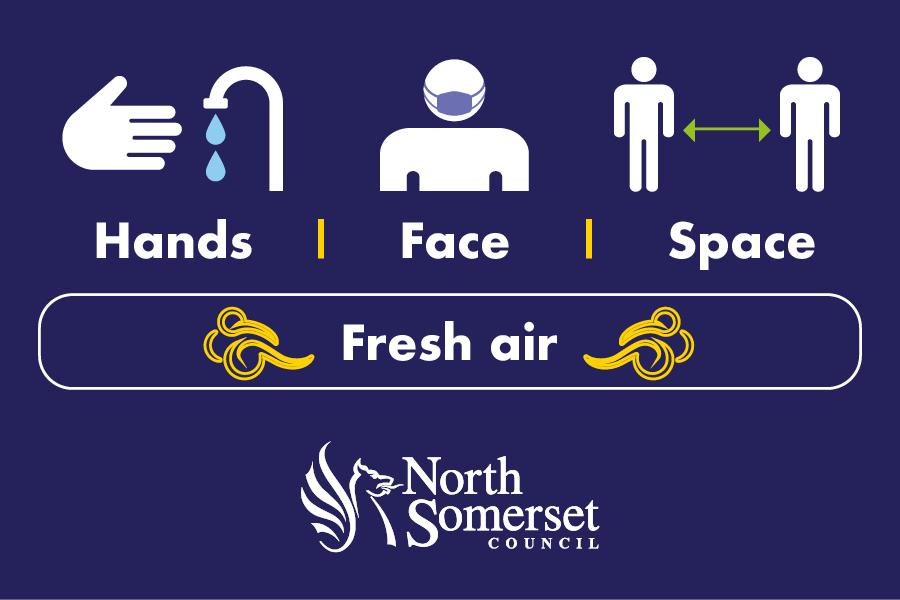Public health, which supports schools to manage outbreaks of any infection or disease, will continue its work to tackle coronavirus. Outbreaks can still happen if Covid cases start spreading around pupils and staff while they are at school. If too many people catch the virus, temporary precautions can be introduced to reduce the risk and help contain the spread.
This may include advice on infection control, additional testing and bringing back the wearing of face coverings into secondary schools and colleges. If needed public health can also advise on reintroducing bubbles or returning to online learning, but these would be temporary measures and only used as a last resort.
North Somerset Council’s executive member for health, Cllr Mike Bell, said: “Being in school is absolutely the best thing for the health and wellbeing of most children. Having that social contact with friends and time to learn is essential.
“But Covid is still an ongoing problem for our communities, and we will need to respond quickly to any outbreaks to reduce the risk of it spreading further into society and reaching more vulnerable people.
“Which means temporary measures may sometimes need to be put in place in some schools to make sure staff and children can remain as safe as possible. These will be as undisruptive as possible, as our aim is to prioritise the education of our children.
“This is the same approach public health would take to any outbreak of any disease in schools.”
The most important step anyone connected to a school can take to reduce the risk of an outbreak in their community is to stay home if they have any symptoms of Covid-19 or test positive for the virus.
This includes a temperature, new continuous cough, or change to sense of taste or smell.
School staff and anyone aged 11 and over can also get regular Covid-19 tests, and doing these will help as it stops people who have the infection without symptoms, which is more common in younger people, from spreading it without knowing.
People who have been in contact with anyone who tests positive for coronavirus no longer needs to self-isolate, as long as they have had two doses of the Covid-19 vaccination at least two weeks before, or are under 18. They are encouraged to get a PCR test for coronavirus.
Director of Public Health, Matt Lenny, said: “As well as helping to contain outbreaks, our role in public health is to understand how Covid is spreading in our community so we can advise everyone of how to stay safe.
“This is why we have NHS Test and Trace, which contacts people who test positive to check where they’ve been and who’ve they’ve been in contact with.
“If you or your children test positive, please help us by working with the contact tracers as this will help us understand how and where Covid is spreading.
“It’s also important to let the school know if you get a positive test as they will have plans in place to deal with Covid cases and will need to get us involved if they are seeing high numbers of infections.”
How coronavirus is handled in schools is set out in government guidance and each school is responsible for developing its own plans for how it will reduce the risk of the virus day to day, for example with extra cleaning, how it will keep track of cases, and for getting public health involved if needed.
